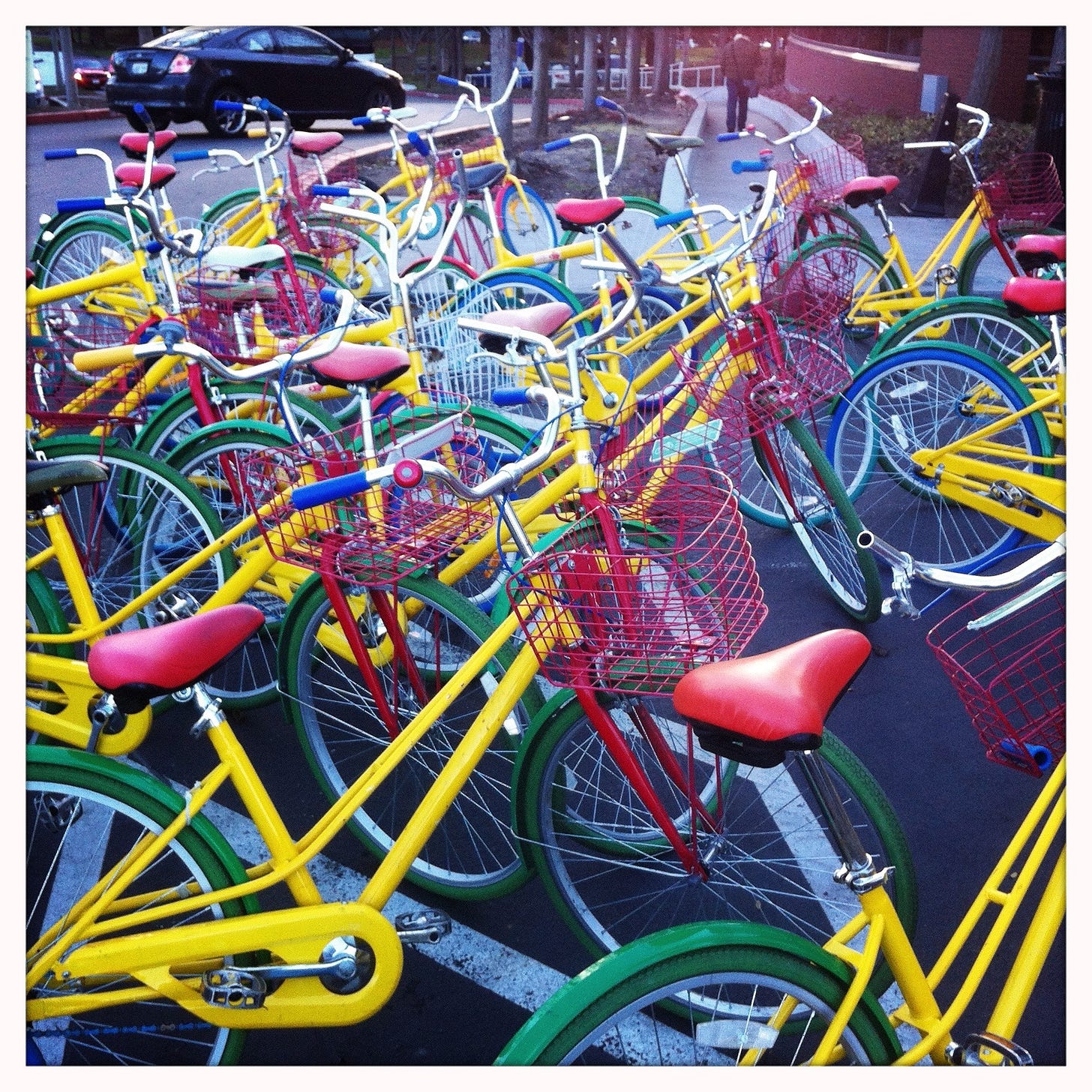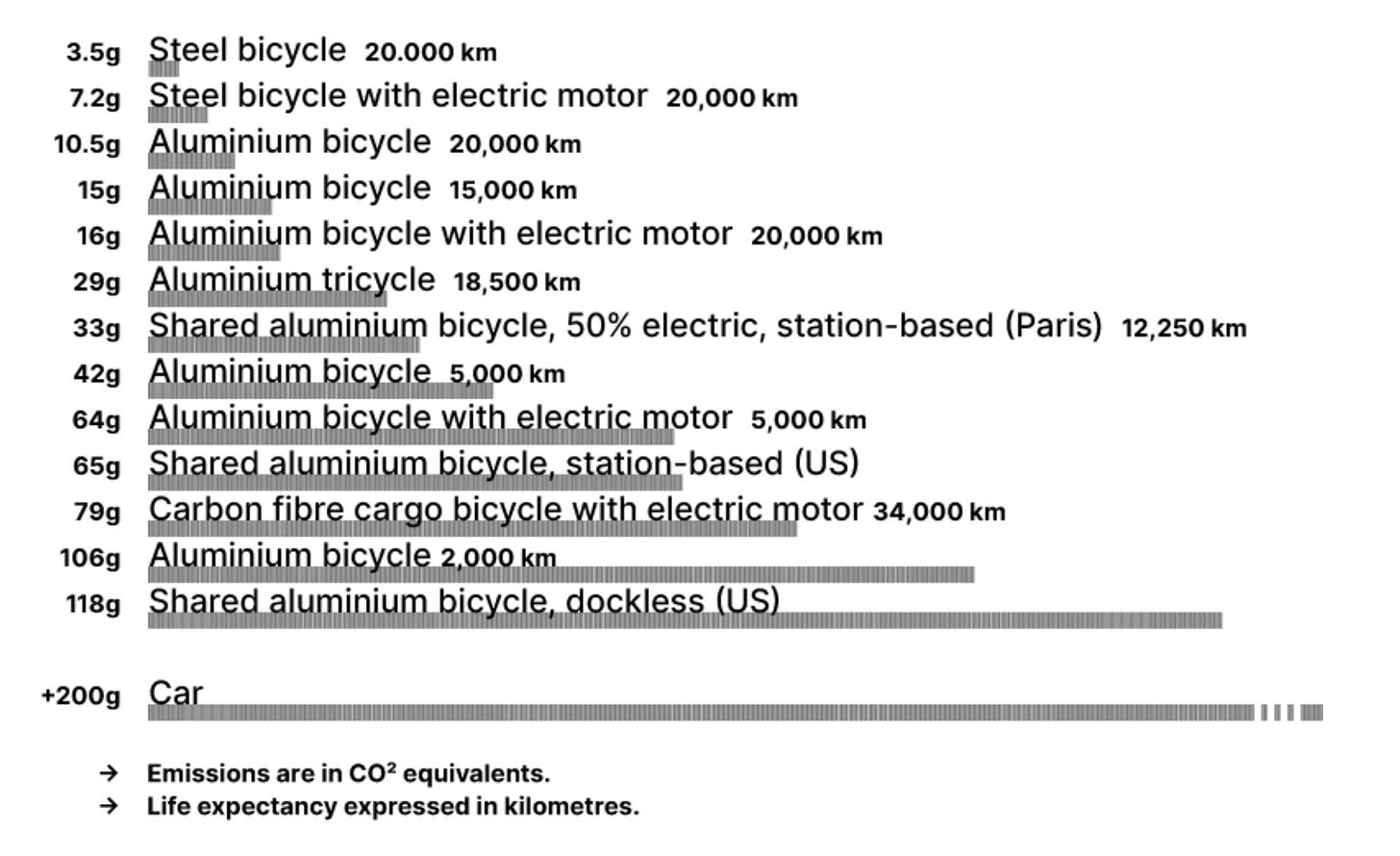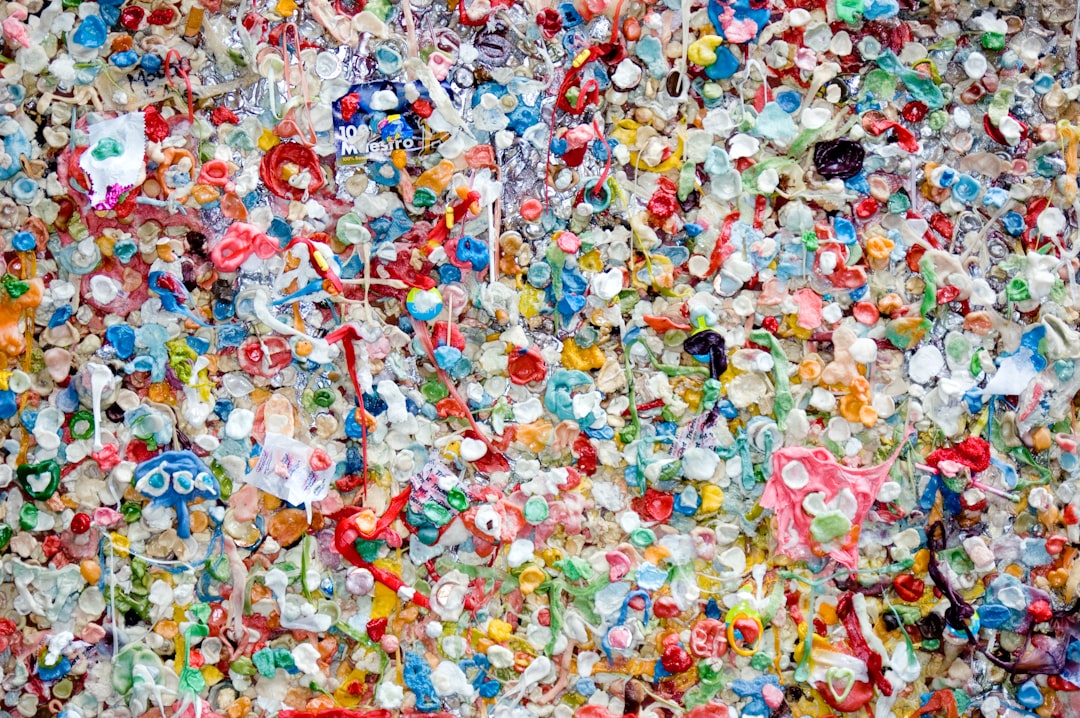Are Bicycles Becoming Less Sustainable?
Simpler bike designs and materials are better for the environment. Plus: FairPhone maker releases high end headphones. Also: Consumer Reports weighs in on microwave repair or replace.
Bicycles have long been associated with sustainability, but some critics argue that the introduction of e-bikes and resource-intensive materials is changing that narrative.

While it's natural for us to categorize bicycles as inherently friendly to our environment, Low-Tech Magazine's Kris De Decker reminds us that even something as seemingly simple as a bicycle has become more resource-intensive over time, prompting the need for a return to a more basic design.
We often associate bicycles with a more sustainable future, especially when imagining happy Danish people riding to farmers markets and coffee shops. The reality is that achieving a bike-focused future is challenging in places like the US where cars and convenience reigns supreme and bike infrastructure is minimal. To reach this imagined utopia, De Decker suggests we consider the materials bikes are made of, their lifecycle, repairability, and breakdown properties.

For example, while we assume that bike-sharing means less production, and therefore less energy and carbon emissions, dockless bicycle systems actually require van drivers (gig workers) to patrol urban areas and pick up, charge, and redistribute the bikes, contributing to 118g of carbon emissions per kilometer when riding a shared aluminum bike.
It's important to note that not all bicycles are created equal, and their environmental impacts vary, particularly when we consider lifecycle. E-bikes, for instance, have more parts that could require replacement and owners may struggle to find parts in the long-term due to the reliance on more complex components.
In 2022, for example, bike mechanics circulated a petition to e-bike manufacturers to stop producing “built to fail” budget bicycles, as Right to Repair Europe noted.

Extending bicycle lifespans with repair
Despite the abundance of brick-and-mortar stores and online communities dedicated to bicycle repair, 95% of bikes in the US were imported from China in 2018, shipping thousands of miles to reach us. With over a billion bicycles in the world, it makes more sense to hold onto our bikes for longer and extend their lifespans through repair.
Repair has always been synonymous with the cycling community, but the trend towards prioritizing "innovation" has resulted in a culture of disposability and neglectful usage of bicycles at scale, potentially turning a low-impact technology into just another consumer trend. It's not that e-bikes and bike-sharing are inherently bad, but they need to be evaluated for their efficacy before we label them as environmentally friendly.
Simpler solutions are often better, and we already know that bicycle repair is one of the easiest and most effective ways to extend their lifespan.
Other News
These New High-End Headphones Are Modular, Repairable, and Sustainable - Lifewire notes that the Dutch manufacturer Fairphone has released the Fairbuds XL, a pair of high-end over-ear headphones with a modular design that allows for self-repairs. The headphones are made from recycled and fair-trade materials and come with replacement parts, an easily replaceable battery, and a proprietary app with repair tutorials and a storefront for ordering replacement parts. They are also weather-resistant and available for order in Europe for around $270.
Consumer Reports asks: should your repair or replace your broken over-the-range microwave? When it comes to over-the-range microwaves, buying a reliable brand is one way to ensure you aren't replacing it every few years. However, even reliable brands can disappoint, and if that happens, you're left deciding whether to replace your microwave or try to get it repaired. So what’s the rule? According to Consumer Reports, the decision depends on how much you paid for it and how old the device is. Devices less than 8 years old should be repaired, the report says. And Consumer Reports created an interactive tool to help with this decision.
Microsoft says Windows 10 support will end in 2025 as it moves to Windows 11, raising concerns among users due to potential compatibility issues and increased electronic waste, as older computers may not meet the necessary requirements for the update. Critics also argue that Microsoft's requirements for the news software seem arbitrary and unnecessary, as the computing power, RAM, and storage requirements for both Windows 10 and 11 are relatively low.
John Deere’s transition to AI and autonomous tractors in the 21st century represents a broader trend in capturing more power over their products. Through the integration of artificial intelligence, electrification, and autonomy, the company positions itself as a leading player in green technology. However, these advancements also enable Deere to exercise a higher degree of oversight and control over their products.
Fears of a watered-down right to repair bill in Minnesota come after passage of the state Digital Fair Repair Act. This act aims to provide consumers with the choice to fix their own electronic devices using electronic parts or have them repaired by independent repair services of their choosing. The final stumbling block of the Governor’s signature is likely to be met with intervention by companies trying to weaken the act since they prefer to maintain control over repairs.
Plastic packaging plays a large part in the world’s waste problem leading to environmental damage and financial losses. An estimated 8 million tonnes of plastic ends up in the oceans annually, and despite efforts to curb plastic pollution, policies in many developing countries, including Pakistan, have had limited success due to market and policy failures. Extended producer responsibility can play a part in holding producers accountable for product disposal and recycling.
Photo by Marc Newberry on Unsplash iPhone users are keeping their phones longer. Here’s why. Tom’s guide notes that an analysis from CIRP reveals that iPhone users are keeping their handsets for longer. In March 2022, 34% of users surveyed had a three-year-old iPhone or older, up from 26% in 2019. Although users had a sudden urge to upgrade in 2022, many are keeping their iPhones for longer due to the increasingly high cost of new smartphones, the retained value of iPhones, Apple's long update schedule, the smaller upgrades between generations, and Apple's modest improvements in repair and fixes.
Californians deserve the right to repair their electronics — even if Big Tech hates it - California lawmakers have an opportunity to enact the "right to repair" bill, which would require device manufacturers to give consumers access to repair manuals, allow them to open digital locks that might prevent them from repairing their own devices, and sell parts directly to consumers. Big Tech, which has an interest in preventing ad hoc repairs of its stuff. Right to repair would lead people to buy fewer new devices, or decline to shell out for the authorized repair services these companies get a cut of. Now, they don’t say that stuff out loud — right to repair is too popular. They say that devices are too complex for regular old repair people to handle, so only they can do right by consumers. They say independent fixers are a security risk. That’s BS, and nothing short of an FTC report has shown it to be so.
Washington State’s Battery EPR Bill (SB 5144) passed the state legislature and is awaiting the governor's signature. This establishes an extended producer responsibility (EPR) program for all battery chemistries, including lithium-ion batteries. Retailers will only be allowed to sell these products if the producer is on a state-approved list and will eventually need to label with proper disposal instructions, promoting responsible environmental management.
🔋 Learn why batteries are so ecologically devastating.
Swedish brand Asket is expanding its circular Revival Program with the opening of Asket Restore, a physical store in Stockholm that will offer reconditioned garments from its collection, including repaired pieces and items deemed unsuitable for resale. The store will also provide a drop-off service for unused Asket garments and future repair workshops. The brand aims to promote a circular economy by extending the lifespan of clothing, reducing waste, and minimizing the environmental impact of the apparel industry.






Thanks for citing Kris's article!
Many good reasons for paying attention to the sustainability of bikes.
- Bart at Resilience.org (and bicyclist)
Maybe it's too far outside the scope of this article, but there are some localized effects of pollution to take into account when comparing bicycles to cars as well. After the manufacturing impact is done, and the product is in a customer's hands, the localized impact of a city full of bikes (say Portland, OR), and a city full of diesel pickups with 'friends of coal' bumper stickers (say Knoxville, TN) is quite different!
I live in Knoxville, and I'll be enjoying the weather outside at my favorite bar while my team plays trivia tonight. Even though this bar is in the most walkable, bikeable part of the city, our conversations will get interrupted every 2 minutes by motorcycles, pickup trucks, and muscle cars rip by us at full throttle. We wait for the noise and cloud of diesel smoke to clear, and then carry on until it happens again, 90 seconds later. Even the trivia guy with his massive PA speaker has to repeat half his questions every Tuesday night, because the moment someone with an aftermarket exhaust spots a crowd, they're unable to resist putting on a performance. But it's home, what can you do?
Sorry, that turned into a bit of a rant, but you have a good point that there are many aspects of product lifecycles we might not normally think of. I'm still riding a 30 year old Fuji with a hard suspension, but unbreakable frame. Throw a lithium ion battery into the mix and that lifespan changes quickly.